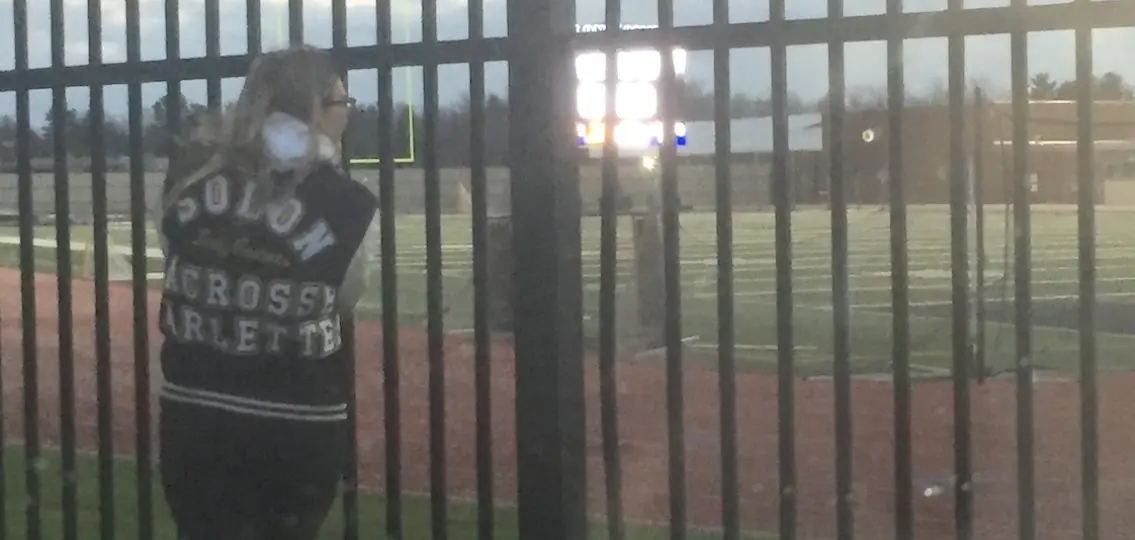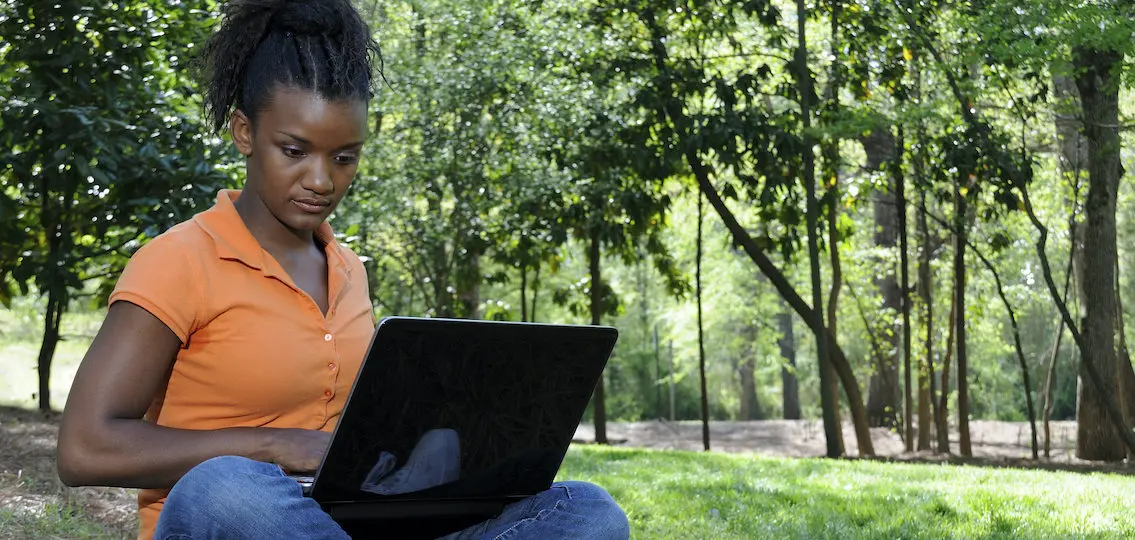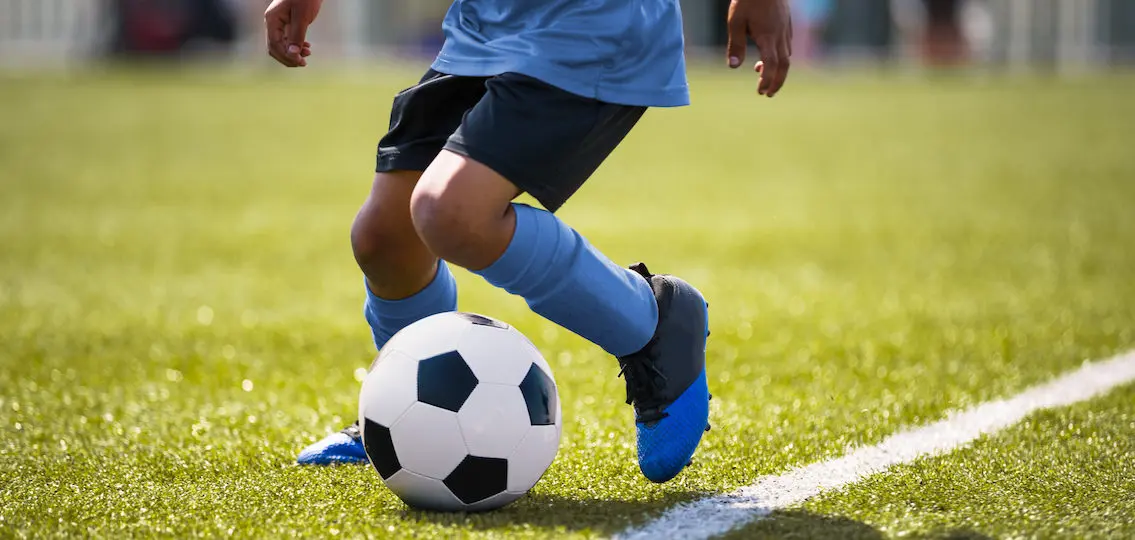Will Harrison, a rising sophomore from Westchester, NY, was playing video games in March when he got a notification that an NBA player had tested positive for COVID-19. Soon after, the NBA shut down the league and other professional and collegiate sports soon followed. There was no information about when athletes would be able to return to sports.

For this rising sophomore who lives and breathes sports, it was the moment that he knew things were really serious.
Will’s typical day includes spending time on twitter following his favorite teams and catching up on league standings and news, watching live sports, and most importantly, playing soccer.
Then his spring season got cancelled, and he was bummed out, to say the least.
Missing Sports
Lillian Potiker, a rising sophomore in Cleveland, was also disappointed when her spring soccer season was cancelled. “It was my first year playing for this club and all my friends were on the team, too. It was a perfect balance for me and it was really nice to have that outlet. It was tough when everything shut down.”
Both Will and Lillian kept in touch with their teams during quarantine. Will’s coach had check-ins with the players every week, and the players did online workouts for ball work, strength, and speed.
Lillian’s team captains divided the players into teams and had individual challenges like running a mile, completing an ab workout, practicing foot skills, cooking a healthy recipe, and even writing a paragraph about the season. As the girls completed a challenge, they would earn points for their team.
While these activities helped the players stay connected and active, it still wasn’t the same, and they peach ined to return to their sport.
Returning to Sports
Needless to say, both Will and Lillian are thrilled to be back on the pitch playing some soccer now that restrictions have eased up. But it’s not the way it used to be. Lillian gets her temperature checked before practice and only half of the team can practice at the same time. They also spend more time on drills that allow them to distance themselves from each other.
But they’re back with their friends on the team, running around and playing a game that they love. Will says, “I’m just happy to we get to play right now. What we are doing as a team is making the best of the situation.”
Ryan Virtue, partnership manager at Positive Coaching Alliance, knows how Will and Lillian feel. From a mental health standpoint, the camaraderie of being with teammates and being in an environment where they enjoy what they’re doing is something that athletes have sorely missed. “Joy is such an important piece in all of our lives,” Virtue acknowledges, and sports provide so much joy for so many.
Virtue hopes that this “pause” in play will serve to remind parents, coaches, and athletes of the true value of youth sports. “At the end of the day, the sporting environment is there to provide growth and development opportunities for kids,” he says.
There’s more to sports than winning and losing.
Youth and high school sports provide opportunities for personal development that prepare athletes for the rest of their lives. Virtue believes sports are a “gateway for life lessons that will stick long beyond their playing days.”
Understanding that sports are a vehicle for growth is even more important now, explains Virtue. “Respecting the game and the environment is going to be of the utmost importance when it comes to return to play.”
Now is not the time to be wrapped up with performance statistics and other extrinsic measures of success. There’s just too much uncertainty. “You can argue that some sports don’t even look the same right now,” Virtue says.
For the Love of the Game
Will and Lillian are not sure what the coming season will look like—or if they will even be able to have one—but they are savoring this time with their teammates and working on their skills. The experience of not being able to play has made them both appreciate sports more – and realize why playing soccer is so important to them.

When asked why they play, Will and Lillian’s reasons are remarkably similar:
- Meeting and spending time with people who share the love of the game
- Having fun
- Bonding with teammates
- Learning how to communicate on and off the field
- Getting the opportunity to focus and zone in on something they care about
- Working hard to achieve a goal
- Finding their stride as teammates
- Flexing their “try hard” muscles
Sure, they might miss competition, and it’s fun to win—that’s a big part of playing a sport. But at the end of the day, teen athletes are driven to play by a love for the game that goes beyond the wins and losses.





